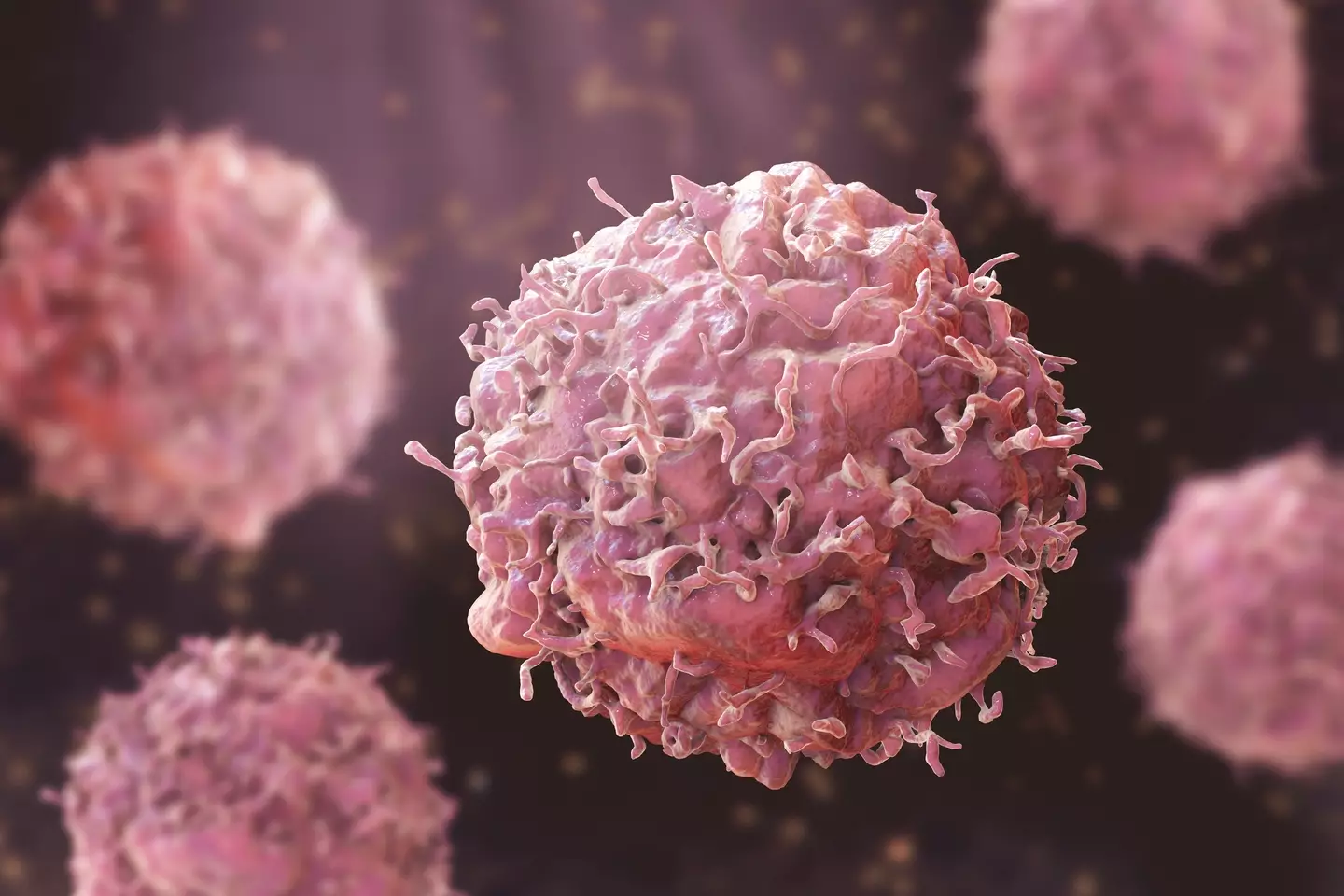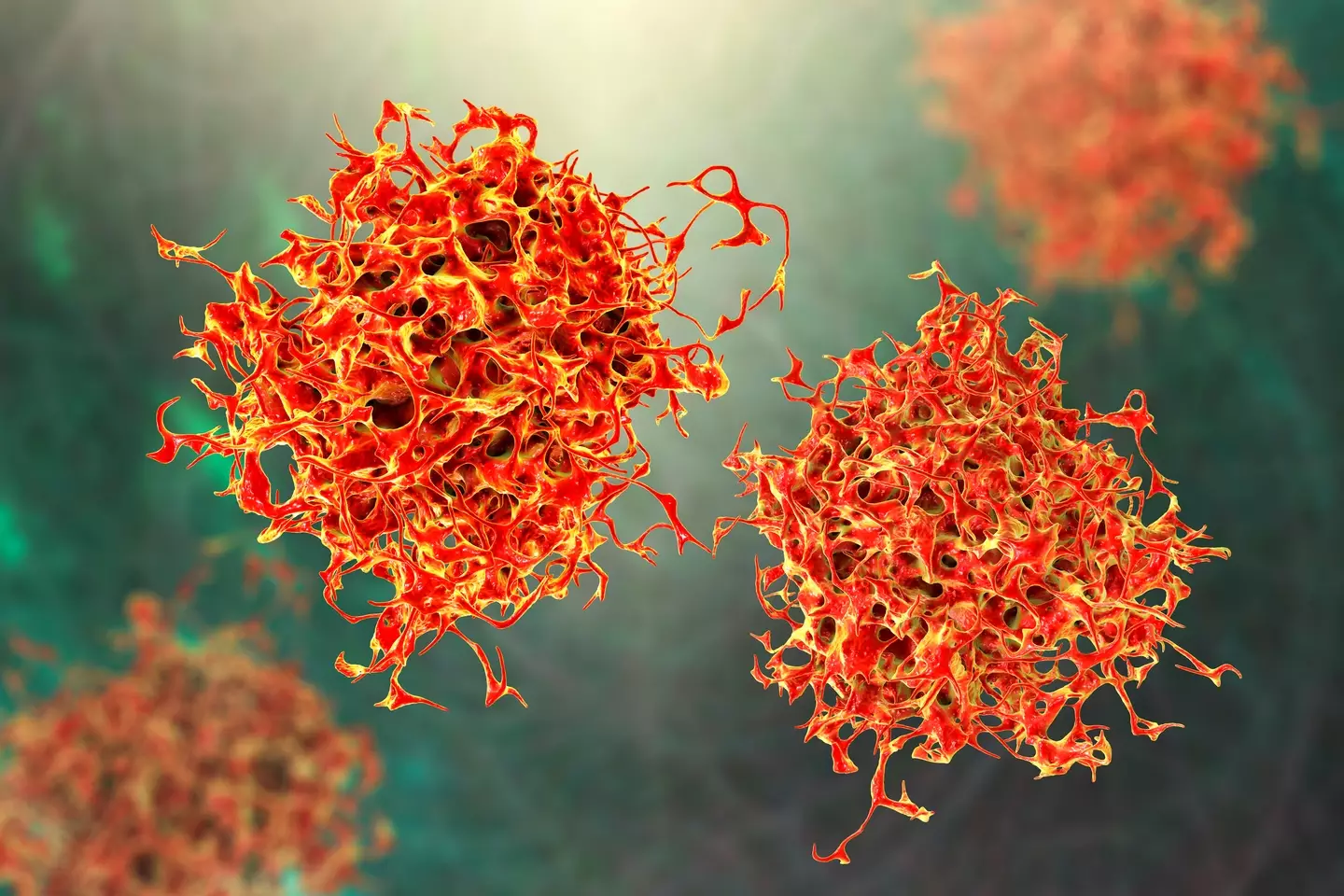Researchers looking for a cure for cancer have made a groundbreaking discovery that could transform some cancer cells into ‘normal’ cells.
Cancer develops in the body when the DNA of a cell mutates, causing the cell to grow uncontrollably and transforming it from a normal cell to a cancerous one.

Mutations can occur as a result of inheritance, damage (for example, from sun exposure), or as they age.
Being able to convert a cancerous cell back to something that resembles normal is a hugely significant development, not only because it opens up a new way of treating certain cancers, but also because it may reduce the unpleasant side effects associated with some commonly used cancer treatments, such as chemotherapy and radiotherapy.
This is because the cell is being returned to a normal-like state rather than being destroyed completely.
Professor Kwang-Hyun Cho of the Korean Advanced Institute of Science and Technology’s Department of Bio and Brain Engineering led the research.
Professor Kwang-Hyun Cho and his research team used a digital model of normal cell development to successfully convert colon cancer cells to a normal state.
During the study, the team observed the oncogenesis process, which occurs when normal cells transform into cancer cells.
After creating a ‘digital twin’ of the gene network, they discovered that molecules known as ‘master regulators’ (MYB, HDAC2, and FOXA2) induced differentiation.
The study, published in Advanced Science, explains that “MYB, HDAC2, and FOXA2 are identified as master regulators whose inhibition induces enterocyte differentiation.”
“It is found that simultaneous knockdown of these master regulators can revert colorectal cancer cells into normal-like enterocytes by synergistically inducing differentiation and suppressing malignancy.”
The results of the digital research were then confirmed through experiments on mice with cancerous tumors.

Professor Kwang-Hyun Cho commented on the discovery: “The fact that cancer cells can be converted back to normal cells is an astonishing phenomenon.
“This study demonstrates how such reversion can be systematically induced.
“This study introduces the novel concept of reversible cancer therapy by transforming cancer cells into normal cells.
It also creates fundamental technology for identifying targets for cancer reversion by systematically analyzing normal cell differentiation trajectories.”
The study presented groundbreaking possibilities for reversible cancer therapy to be used in various types of cancer treatments.





















